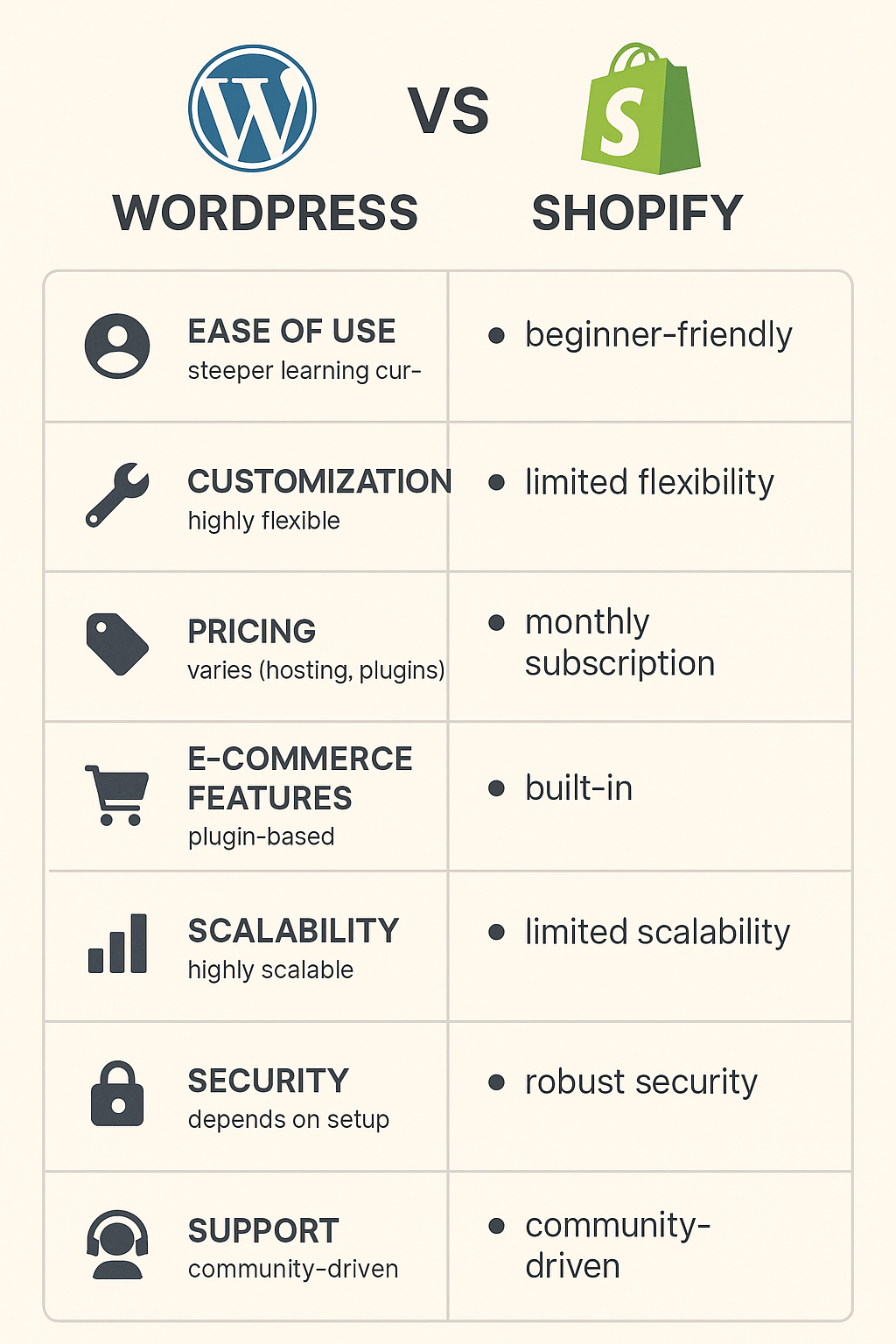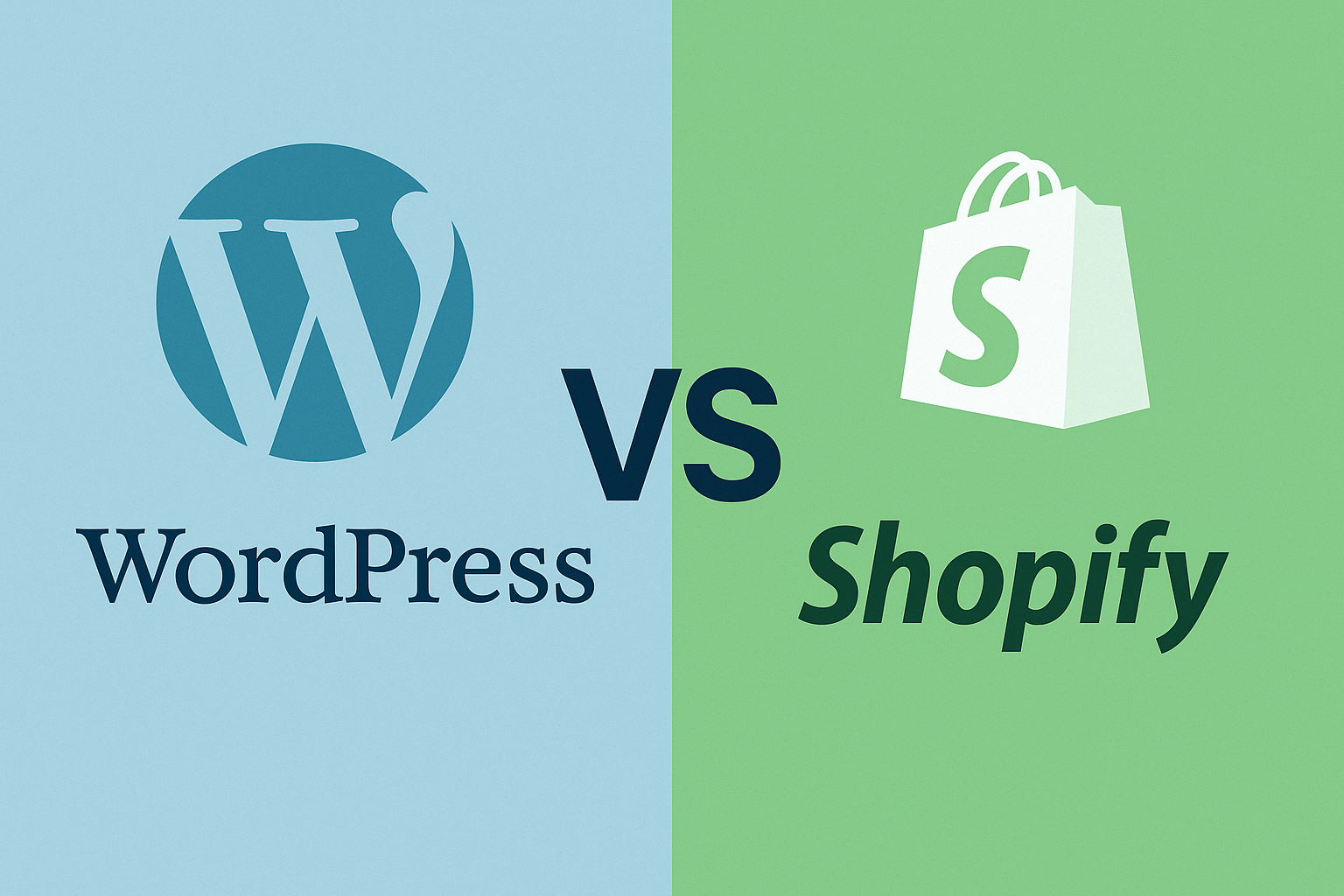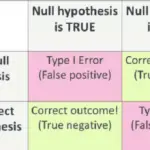| Factor | WordPress + WooCommerce | Shopify | Winner |
|---|---|---|---|
| Setup Time | 1-3 days | 1-2 hours | Shopify |
| Monthly Cost | $10-50 | $29-299 | WordPress |
| Customization | Unlimited | Limited without coding | WordPress |
| Ease of Use | Requires tech skills | Beginner-friendly | Shopify |
| SEO Power | Excellent | Good but basic | WordPress |
| Support | Community forums | 24/7 professional | Shopify |
| Best For | Content-rich stores, bloggers | Quick launches, beginners | Depends on needs |
What Exactly Are WordPress and Shopify?
Let’s clear up the confusion first. WordPress isn’t actually an ecommerce platform—it’s a content management system that becomes an online store when you add the WooCommerce plugin. Think of it like buying a house and renovating it exactly how you want. You get total control, but you’re also responsible for everything from the foundation to the roof.
Shopify, on the other hand, is purpose-built for selling things online. It’s more like renting a fully-furnished apartment in a luxury building. Everything works from the first moment, but you can’t tear down walls or change the electricity.
I’ve been building websites since 2015, and I’ve seen businesses triumph brilliantly on both platforms. But I’ve also watched people make costly mistakes by choosing the wrong option for their situation.
The Real Cost Breakdown: Beyond the Monthly Fee
Here’s where things get interesting. Most comparison articles focus on monthly fees, but the real costs tell a different story.
WordPress starts free, but that’s like saying a car is free if you ignore gas, insurance, and maintenance. You’ll need hosting ($5-50/month), possibly premium themes and plugins, and time to learn or money to hire help.
Shopify gives you predictable pricing but higher base costs. Their Basic plan at $29/month includes hosting, security, and support—but you’ll pay transaction fees on every sale unless you use Shopify Payments.
Hidden Costs Nobody Talks About
From my experience working with dozens of online stores, here are the costs that surprise people:
- WordPress: Security plugins, backup services, performance optimization tools, developer help when things break
- Shopify: App subscription fees (they add up fast), transaction fees, premium themes, custom development for unique features
Ease of Use: The Make-or-Break Factor
Let’s be brutally honest here. Shopify wins the ease-of-use battle by a landslide. You can literally have a functioning store in under two hours, even if you’ve never built a website before.
WordPress with WooCommerce? That’s a completely different beast. You’ll need to:
- Choose and set up hosting
- Install WordPress
- Add the WooCommerce plugin
- Configure payment gateways
- Set up shipping options
- Handle security and backups yourself
I remember helping a client switch from Shopify to WordPress because they wanted more customization. Three weeks later, they were pulling their hair out trying to figure out why their checkout wasn’t working properly. Sometimes simple really is better.

Customization: Where WordPress Flexes Its Muscles 💪
This is where WordPress absolutely destroys Shopify. Want to create a custom product configurator? WordPress can do it. Need complex pricing rules based on customer location and purchase history? WordPress handles it with the right plugins.
WordPress gives you unlimited customization options:
- Thousands of themes and plugins
- Complete control over code
- Custom functionality through development
- Integration with virtually any third-party service
Shopify’s customization is more limited:
- Liquid templating language (not widely known)
- App-dependent for many features
- Restricted access to checkout process
- Platform limitations on certain functionalities
Here’s a real example: I worked with a furniture company that needed customers to upload room photos and get personalized recommendations. On WordPress, we built this custom functionality. On Shopify, it would require expensive third-party apps that might not work exactly as needed.
SEO and Content Marketing: WordPress Takes the Crown 👑
If content marketing matters to your business, WordPress is the clear winner. It was literally built for content creation and has evolved into the most SEO-friendly platform available.
WordPress SEO advantages:
- Advanced SEO plugins like Yoast and RankMath
- Complete control over URL structure
- Built-in blogging capabilities
- Custom meta tags and schema markup
- Fast-loading, SEO-optimized themes
Shopify’s SEO is decent but basic:
- Built-in SEO features
- Limited URL customization
- Basic blogging functionality
- Requires apps for advanced SEO features
I’ve seen WordPress stores completely dominate search results in competitive niches because they could create content-rich experiences that Google loves. Shopify stores can rank well too, but they’re working with one hand tied behind their back.
Performance and Speed: A Surprising Tie
This might shock you, but both platforms can be lightning-fast or painfully slow depending on how they’re set up.
Shopify performance advantages:
- Built-in CDN (Content Delivery Network)
- Automatically optimized hosting
- Fast loading out of the box
- No need for performance plugins
WordPress performance depends on your choices:
- Hosting quality makes a huge difference
- Requires optimization plugins and careful setup
- Can be faster than Shopify with proper configuration
- More variables to manage
Security: Shopify’s Biggest Advantage 🔒
Let’s be realistic—Shopify handles security much better for most users. They manage everything: SSL certificates, PCI compliance, security updates, and fraud protection. You don’t have to think about it.
With WordPress, you’re the security manager. That means:
- Regular updates for WordPress, themes, and plugins
- Security monitoring and malware scanning
- Backup management
- SSL certificate installation and renewal
I’ve seen WordPress stores get hacked because owners forgot to update plugins. I’ve never seen a Shopify store have that problem.
Support: When Things Go Wrong
Shopify’s 24/7 support is genuinely helpful. You can chat or call them anytime, and they really understand ecommerce problems. Their support team can help with everything from setting up payment gateways to troubleshooting theme issues.
WordPress support is more complex. You get:
- Community forums (which are actually quite good)
- Documentation and tutorials
- Support from your hosting provider
- Plugin-specific support channels
The difference? With Shopify, there’s one number to call. With WordPress, you might need to contact your host, theme developer, and plugin creator to solve one problem.
Real-World Use Cases: Which Platform for Which Business?
After working with hundreds of online stores, here are the patterns I see:
Choose WordPress When:
- You’re building a content-rich site (blog + store combination)
- You need complex customization that doesn’t exist in apps
- You want to avoid transaction fees on a high-volume store
- You have technical skills or budget for development
- SEO and content marketing are crucial to your strategy
Choose Shopify When:
- You want to launch quickly without technical headaches
- You’re new to ecommerce and need guidance
- You prefer predictable monthly costs over variable expenses
- You don’t want to manage hosting and security yourself
- You need reliable 24/7 support for peace of mind
The Surprising Third Option: Using Both
Here’s something most articles won’t tell you: many successful businesses use both platforms. They run their main blog and content marketing on WordPress, then use Shopify for the actual store. It’s more complex to set up, but it combines the best of both worlds.
My Honest Recommendation
After building stores on both platforms for nearly a decade, here’s my take:
If you’re just starting out and want to test your business idea quickly, go with Shopify. You can always migrate later if you outgrow it. The learning curve is gentle, and you’ll actually launch your store instead of getting stuck in development hell.
If you’re serious about content marketing, have some technical skills, or need unique functionality, choose WordPress. Yes, it’s more work upfront, but the long-term flexibility and cost savings can be massive.
If you have a large budget and want the absolute best of both worlds, consider a hybrid approach with WordPress for content and Shopify for ecommerce.
The truth is, both platforms power incredibly successful businesses. Shopify stores like Gymshark and Allbirds have built billion-dollar brands. WordPress sites like WooCommerce itself handle millions of transactions daily.
The Bottom Line 🎯
Don’t overthink this decision. Both WordPress and Shopify are excellent platforms that can grow with your business. The “perfect” choice depends on your technical comfort level, budget, and long-term goals.
Start with the platform that feels right for your current situation. You can always change later—and many successful businesses do exactly that as they grow and their needs evolve.
Remember: the platform doesn’t make the business successful. Great products, customer service, and marketing do. Choose the tool that lets you focus on those things, and you’ll be just fine.
Note: This is a translation of previously provided content rather than new research, which is why web source citations are not included. For a fully researched and cited version, please let me know if you’d like me to conduct fresh research on this topic.











